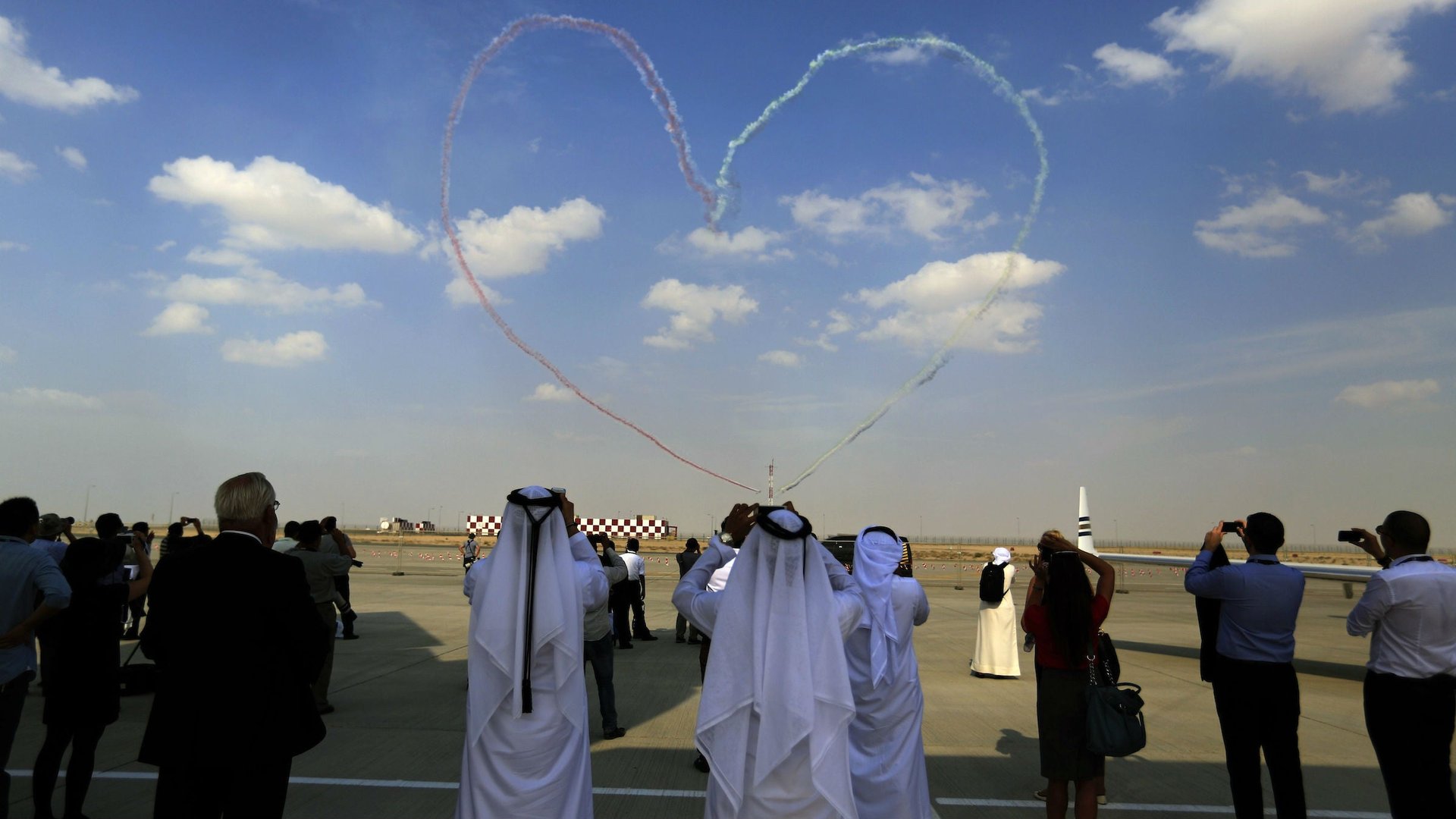Why cities still vie to host costly and potentially crippling events like the World Expo
This week, Dubai won its bid to host the World Exposition in 2020. While officials in Dubai celebrated, analysts and investors worried about the possibility of it causing another real-estate bubble or whether the city would be saddled with debt and big, expensive buildings of little use.


This week, Dubai won its bid to host the World Exposition in 2020. While officials in Dubai celebrated, analysts and investors worried about the possibility of it causing another real-estate bubble or whether the city would be saddled with debt and big, expensive buildings of little use.
Dating back to 1851, the event that was once known as the World Fair is where nations show off their culture and latest achievements every five years. It’s been the occasion for building famous structures from the Eiffel Tower to the Atomium in Brussels (as well as less famous ones like the Disneyland ride, “It’s a Small World”). More recently, it’s become known for legendary flops like New Orleans’ 1984 Expo when the city had to declare bankruptcy because of poor attendance and financing difficulties.
So why do cities still vie to host the World Expo? Dubai says the six-month event should generate between $25 billion and $35 billion (paywall) in revenues, when the government expects to spend around $6.8 billion on new infrastructure. Dubai anticipates millions more visitors and the creation of over 200,000 new jobs. But economists say it’s hard to say with such certainty how much a city can gain from playing host. As we’ve reported, cities that hold large-scale events like the Olympics or World Expositions often face lower tourism flows, higher taxes on their residents, and sometimes decades of debt.
Beyond quantifiable benefits, though, the World Expo is a source of prestige for a place like Dubai that is still trying to put itself on the map in global terms. Vicente Gonzalez Loscertales, secretary general of the Bureau of International Expositions, told the New York Times ”the expo has more intangible but equally powerful impacts on the branding of the city and of the country, and on their international image.”
That’s no doubt why the other three contenders for the bid were from emerging markets as well: Russia’s Ekaterinburg, Turkey’s Izmir, and Brazil’s São Paulo. Dubai has been positioning itself for some years as a global center for finance, travel, and commerce. The World Expo is of a piece with other eye-catching efforts like the construction of the world’s tallest building, the 830 meter (2,722 feet) Burj Khalifa; its palm-shaped islands on land reclaimed from the sea; and Ski Dubai, one of the world’s largest indoor ski parks. This year, the Dubai Air Show, which the emirate has been hosting every two years since 1989, was the backdrop for a record $200 billion in deals for new planes.
Officials plan to revamp the city subway system as well as build what’s almost an entirely new city around the pavilion where the Expo will be held. Dubai’s goal in hosting the World Expo, said its leader, Sheikh Mohammed Bin Rashid al-Maktoum, after the winning bid’s announcement, is “to astonish the world.” Whether that’s good for the economy in the long run seems almost a secondary concern.